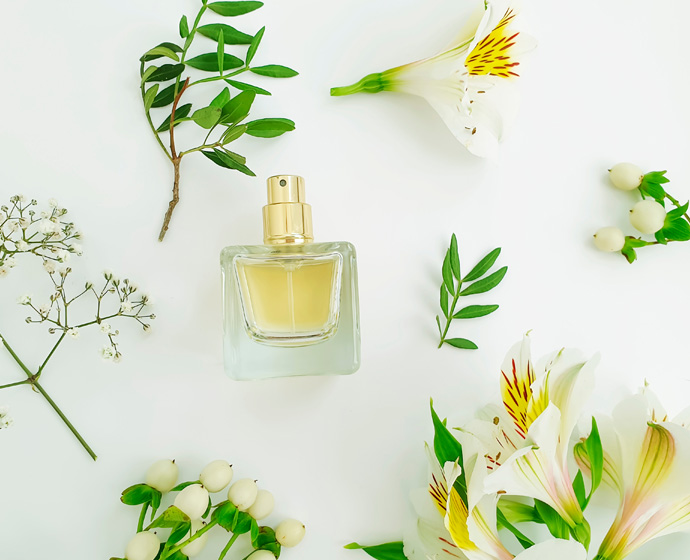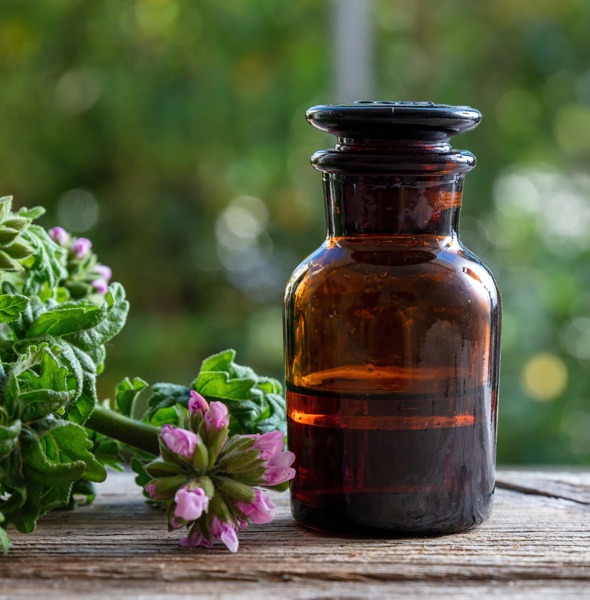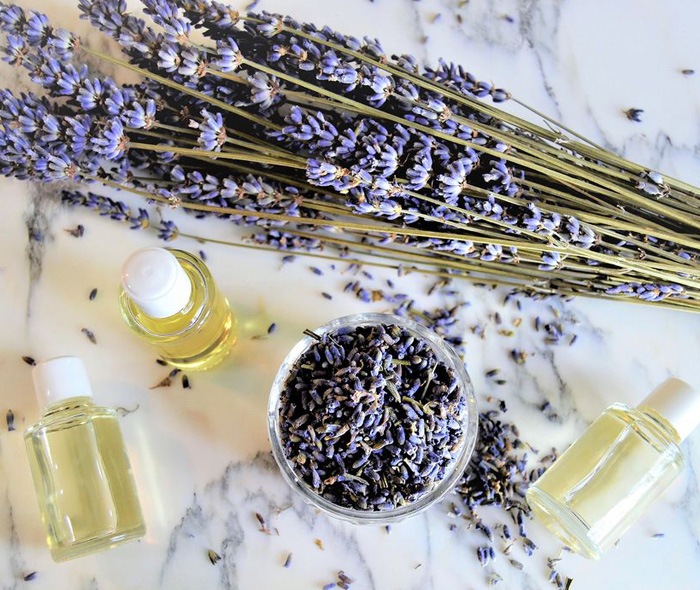Explore the world of fragrance on Misthree’s Blog. Discover articles and stories of fragrance, water-based innovations, and more.

Non-Flammable: Alcohol is highly flammable, which poses safety concerns for both the wearer and the environment. Alcohol-free perfumes eliminate this risk, making them safer to produce, use, and transport.
Eco-Friendly: Traditional alcohol-based perfumes contribute to air pollution and environmental degradation during the production process. Alcohol-free perfumes are more eco-friendly as they often use water or natural oils as carriers, reducing the carbon footprint associated with production. Ethanol production can generate significant greenhouse gas emissions. These emissions can result from land-use changes, energy-intensive production processes, and transportation of raw materials.

Ingredient Solubility: A significant obstacle in water-based fragrance creation is the solubility of aromatic compounds in water. Many fragrance ingredients are oil-based and struggle to dissolve in water, leading to an inconsistent scent distribution. Creating water-based fragrances requires perfumers to find innovative solutions to disperse oils evenly in water without compromising the scent quality. Many water-based fragrance mist are oil-in-water emulsions which is a mixture of water and oil phases stabilized by emulsifiers. The combination of these ingredients can lead to a texture that feels sticky on the skin. The types and ratios of oils, water, and emulsifiers used can influence the tactile properties of the emulsion. Moreover, in order to get a light sprayable fragrance mist, there’s a constraint on the concentration of fragrance oils that can be incorporated in the formulation. Typically, it’s in the range of up to 3-5% max and anything higher may lead to a lotion or cream texture instead of a spray.
Volatility and Evaporation: Alcohol evaporates quickly, allowing the fragrance to disperse efficiently and maintain its intended structure. Water, on the other hand, evaporates more slowly, leading to challenges in achieving a balanced and stable fragrance profile. Perfumers must carefully select ingredients that can endure the slower evaporation rate of water without losing their essence. But, water is still considered much better than mixing the fragrance in oils (e.g. attar) where the evaporation is non-existent and the skin feel not as comfortable.

Water-based products are more susceptible to microbial growth and spoilage compared to alcohol-based formulations, which act as natural preservatives. Perfumers must carefully select preservatives that maintain the integrity of the fragrance while ensuring product safety and longevity.
Stay up to date witth our latest news, updates and special offers